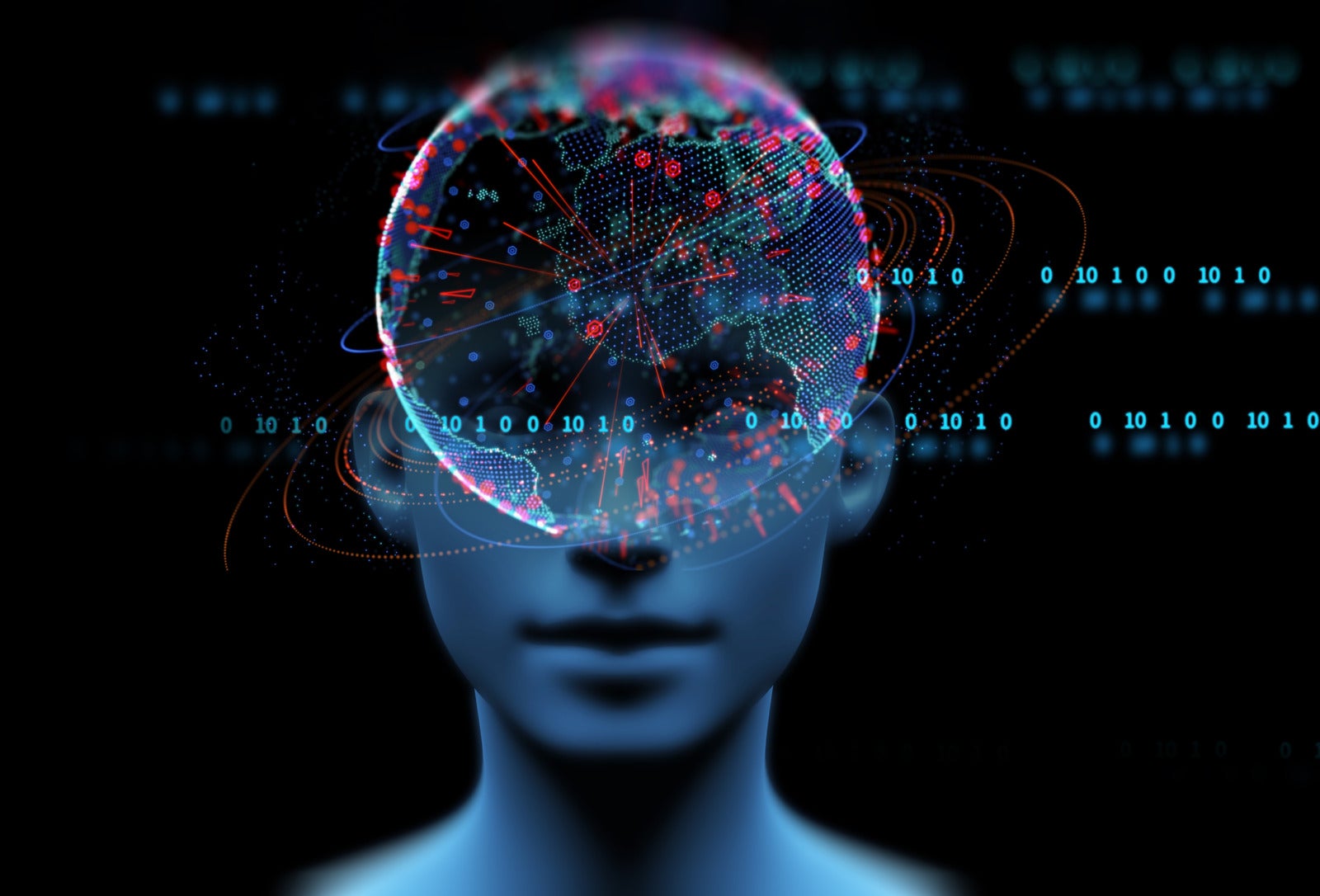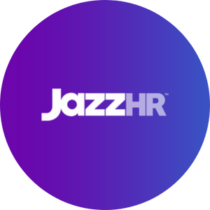
Why AI Will Never Fully Take Over HR
Artificial Intelligence is coming to HR, but there’s no need to panic. Here’s an overview of what AI will change about HR, and what will remain firmly in the scope of human work:
What AI will change about HR
Few industries will remain untouched by the powerful force of artificial intelligence. HR is no exception, but that doesn’t mean today’s HR professionals have to worry about their jobs. As it exists today, AI is far from a replacement for human intelligence. Rather than take the place of human capital, AI will serve as a tool to augment the abilities of human workers.
Think of all the repetitive tasks that crop up each day. Scheduling interviews, sourcing resumes and soliciting feedback from candidate’s are just a few examples of administrative tasks that AI can do more efficiently than a human. By reducing the administrative burden on HR stakeholders, there will be more opportunity to make each candidate interaction meaningful.
According to recruiter Sherry Martin, AI has the capability to reduce the unconscious bias of human staff. Martin believes that AI algorithms can reduce bias by auditing descriptions for biased language and helping human recruiters to make decisions based on quantifiable evidence.
In other words, AI will make HR more efficient and productive by easing the constraints of time and resources. When recruiters have tools that support the completion of complex tasks, they will be able to do more each day. When AI becomes systematized, it can reduce the time candidate’s spend in the pipeline.
What AI can’t change about HR
An AI algorithm may be able to sort candidate’s based on their skills and experience, but can they spot a lie on a resume? Can they meet with senior leaders to discuss how the candidate will perform in a new position? Not likely.
For the foreseeable future, there will continue to be many aspects of HR that can’t be completed by a machine. Soft skills will always be important. An AI can augment a human’s ability to fully understand the context of a candidate, but it’s up to the human to make the final decision.
As noted by HR Daily Advisor, AI lacks many of the skills that make HR professionals so valuable. Humans are simply better at communicating, collaborating, negotiating and empathizing. These skills are vital to the HR department and can not be done away with.
Humans are also much better at creating personalized experiences. If an AI examines the preferences of one person, it may be able to anticipate future preferences, but only for that same person, and only for scenarios that are similar to the training data. A human, on the other hand, can notice a preference and extrapolate from that data a myriad of conclusions.
Takeaways
In summary, AI will improve HR, but it won’t replace humans. AI can benefit HR by:
- Automating repetitive tasks.
- Reducing human bias.
- Optimizing resource costs.
However, AI can’t do the following:
- Express empathy.
- Negotiate like a human.
- Collaborate effectively.
The world of HR is constantly changing. To stay up to date with the latest trends and breakthroughs, check out our resource center.







Leave a Reply
You must be logged in to post a comment.